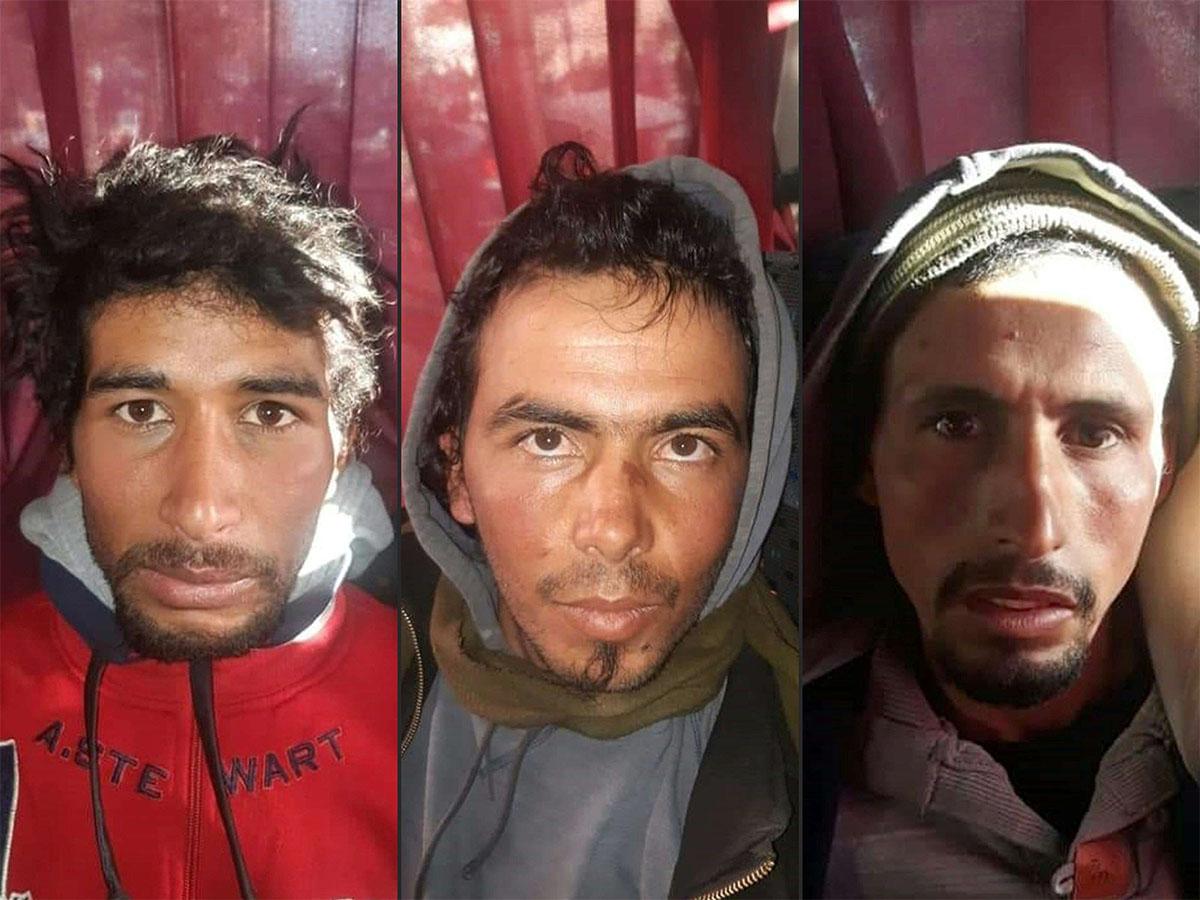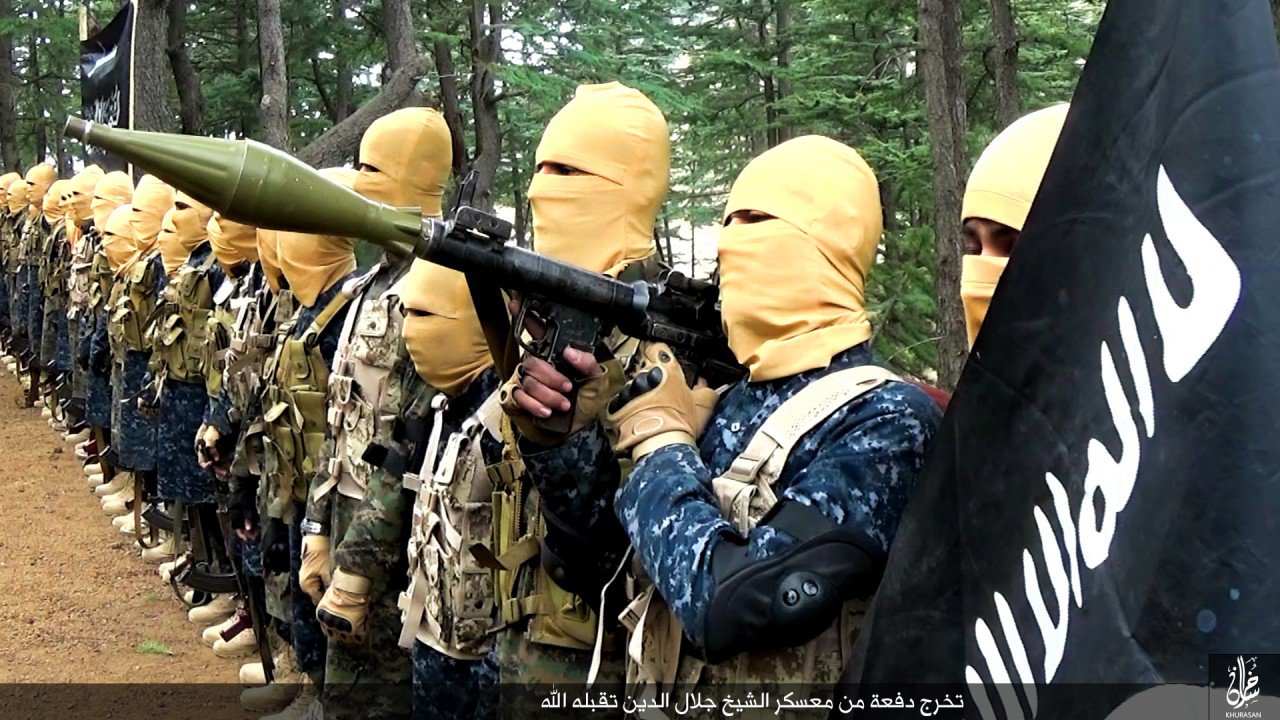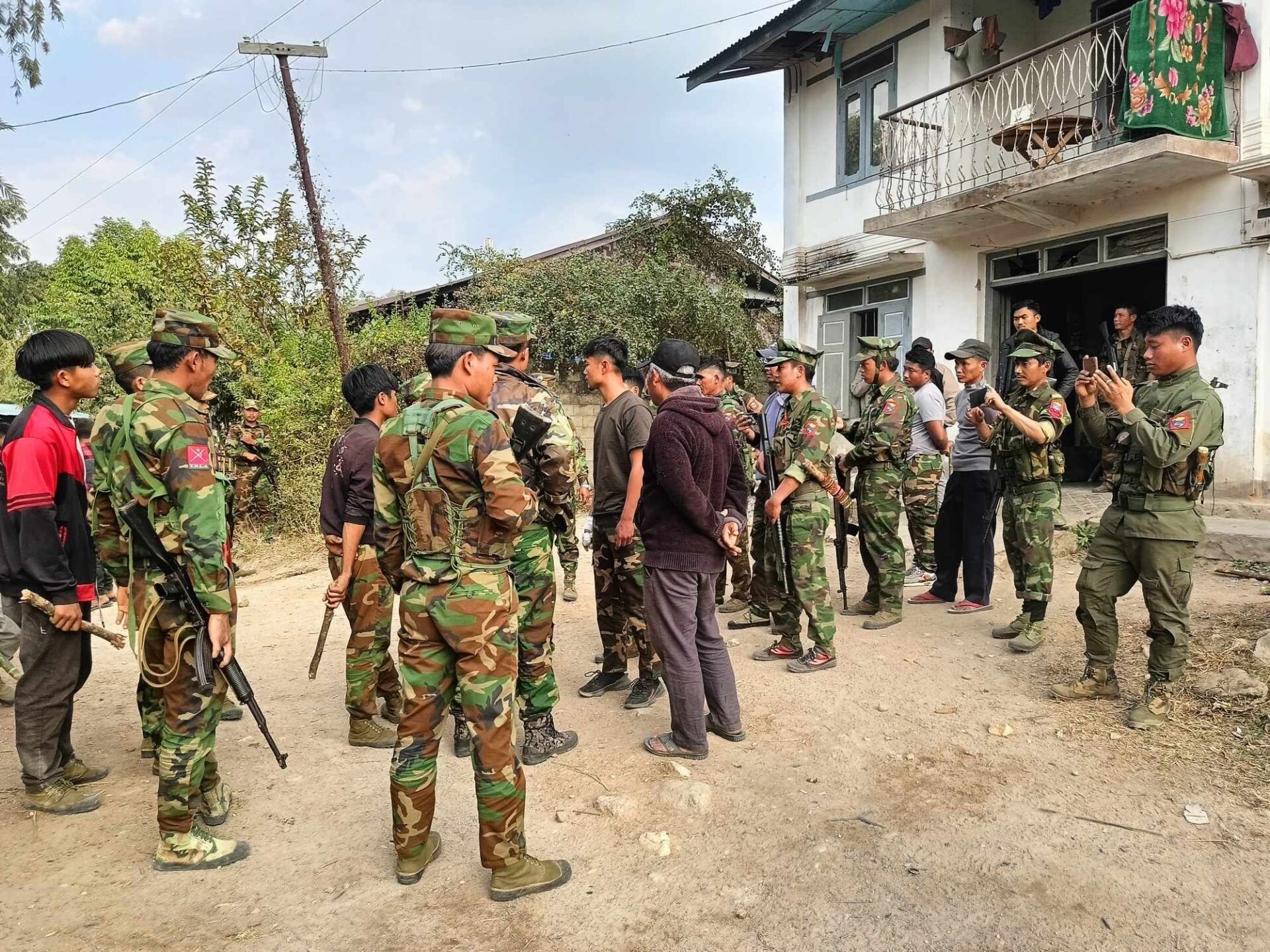
Briefs
Briefs
Morocco—Islamic State Sympathizers in Morocco
Brian M. Perkins
The North African country and popular tourist destination, Morocco, has mostly been spared from the terrorism and jihadist violence that has plagued many other North African states. The country has faced threats from regional al-Qaeda affiliates and, more recently, Islamic State (IS) and its sympathizers. Moroccan security forces have historically managed to identify and disrupt terror cells before they could execute attacks, aside from the 2011 bombing in Marrakesh that left 17 dead and several more injured. Their success ran out on December 17, when French hikers discovered the decapitated bodies of Louisa Jesperson of Denmark and Maren Ueland of Norway at their campsite between Imlil and Mount Toubkal.
Days after the victims were found a video surfaced of Jesperon’s gruesome execution and another of four men, one brandishing a large knife, in front of an IS flag pledging allegiance to the group’s leader Abu Bakr al-Baghdadi (Jihadology, December 20, 2018). Authorities have stated that the execution video is authentic, and the men can be heard shouting “this is for our brothers in Haijin”, referring to military operations against IS in one of its few remaining holdouts (Telquel, December 20, 2018). The four men also referenced Haijin, in Syria, while pledging allegiance to IS.
Moroccan authorities quickly labeled the murder an act of terrorism and managed to identify and arrest one suspect in Marrakesh on December 18 and three others on December 20 (Telquel, December 20, 2018). Among the items seized during the arrests were several large knives, likely the same knives featured in the videos, though authorities have not officially confirmed if this is the case. An additional 18 individuals have been arrested in connection with the attack, and 15 are currently facing charges.
Among those arrested was Kevin Zoller, a Swiss-Spanish dual national suspected of providing training and instruction to the perpetrators, though he did not necessarily instruct them to commit the murders. Morocco’s Central Bureau of Judicial Investigation (BCIJ) and police have indicated that Zoller was responsible for providing instructions to Moroccans and other immigrants on passing through the country to Europe, as well as recruiting potential terrorists via social media (El Mundo, January 8). Zoller reportedly even provided arms training, and was allegedly in contact with IS members in Syria through the messaging app Telegram (Yabiladi, January 9).
It is unclear how extensive Zoller’s network of contacts is and if he was communicating back to locals, Moroccan immigrants in Spain, or others living elsewhere in Europe. Additionally, it is unclear how Zoller first came into contact with the attackers. Further revelations about Zoller and the perpetrators’ activities are likely to come to light throughout the investigation and trial. What is evident to authorities, however, is that the perpetrators were reportedly radicalized and in communication with Zoller over a very short period of time. As such, the perpetrators were not on the radar of counter-terrorism authorities. While the incident does not necessarily indicate a sudden shift in the security environment in Morocco, it does shed light on the persistent threat posed by IS sympathizers and how quickly some beleaguered Moroccans can be radicalized.
***
Australia—Bourke Street Attack and Anti-Terrorism Legislation
Brian M. Perkins
On November 9, Hassan Khalif Shire Ali, set his truck full of gas tanks on fire on Bourke Street in central Melbourne before stabbing a man to death and injuring two other people. Police officers arrived on the scene to Shire Ali still brandishing the knife—the incident ended after police officers shot him. He succumbed to his wounds at Royal Melbourne Hospital (ABC, November 10, 2018). The attack was quickly labeled an act of terrorism and bore a striking resemblance to numerous other attacks in Australia that have occurred in the past several years.
Shire Ali, who was born in Somalia and had lived legally in Australia since the 1990s, had been on the Australian police and intelligence agencies’ radar. Authorities revoked his passport for allegedly wanting to fight alongside the Islamic State (IS) in Syria and his brother is currently facing trial for terrorism-related charges. IS’ Amaq media agency quickly claimed responsibility for the attack, though Shire Ali had no confirmed contact with notable members of the group, a fact that was later noted in an article featured in the 156th issue of Islamic State’s newsletter, al-Naba, which was published on November 15, 2018 (Jihadology, November 15, 2018). The article applauded the attack in Melbourne and alluded to the fact that Shire Ali did not have contact with members of the Islamic State. The article goes on to explain that the fact the attacker—as is the case in similar incidents around the world—did not have contact or train with IS is proof that motivation to join and support the group is alive and well.
Australia’s counterterrorism legislation is among the toughest in the world, and legislation passed in late November and December, 2018 only provides authorities more power, including granting authorities access to encrypted messages on platforms such as Telegram and WhatsApp. Prime Minister Scott Morrison and Home Affairs Minister Peter Dutton also introduced legislation to lower the requirements for the government to strip any dual nationals convicted of terrorism charges of their Australian citizenship (Guardian, November 21, 2018). This legislation, however, is unlikely to have prevented Shire Ali’s attacks or the lone-wolf style incidents that have taken place in Australia in recent years. Of the dozens of individuals arrested and found guilty of terrorism-related charges in Australia—most of which have been associated in one way or another to IS—around 55 percent were locally born, and a significant percentage of the rest did not hold dual citizenship (News.com.au, November 23, 2018). Few individuals had fought or trained with IS. Shire Ali was not convicted of terrorism charges and was known to authorities, but like many others, was not a high enough priority to be continuously monitored.
Stripping dual nationals has already proven more difficult and controversial then the government has expected. In late December, 2018, the government revoked the citizenship of Australia’s most infamous jihadist and IS member, Neil Prakash, who is currently in prison in Turkey facing terrorism charges (ABC, December 28, 2018). The government stripped his citizenship based on “clear advice” that he was entitled to citizenship in Fiji through his father. Fiji’s Immigration Director, however, indicated that the Australian government did not communicate with Fiji and that there is no record that Prakash has a right to Fijian citizenship (New.com.au, January 8).
The seemingly outsized legislative response to the Bourke Street attack is unlikely to stop attacks such as the ones perpetrated by Shire Ali or other homegrown radicals, which has proven to be the most notable threat and occurs at a higher frequency in Australia than most Western countries. The move to lower the bar for offenses that could result in the stripping of Australian citizenship could easily lead to passing the threat off to countries less equipped to monitor the individual and prevent them from returning to the battlefield or committing new acts of terrorism.


